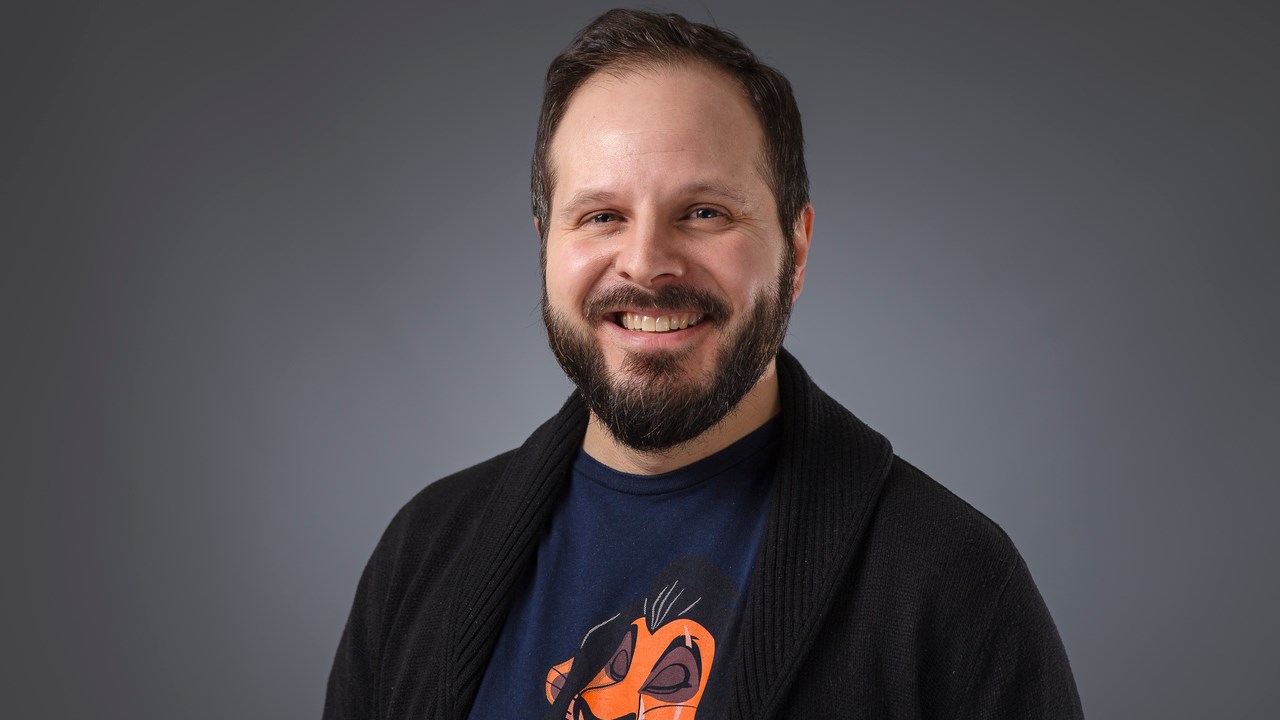ABOUT Jens Zamanian
Age: 43 years old.
Family: wife and daughter.
Lives: at Mariehem in Umeå.
Job: associate professor at the Department of Physics and research and development engineer at the company Algoryx Simulations in Umeå.
What I do in my free time: exercise, watch movies, play music, mostly guitar, but also banjo, piano and trumpet (but not in any band right now), hang out with friends.


